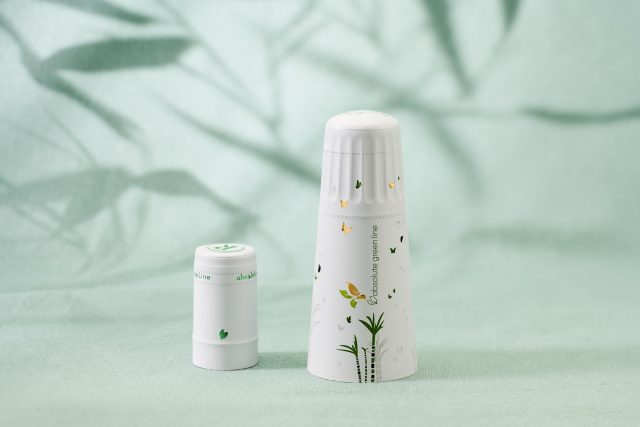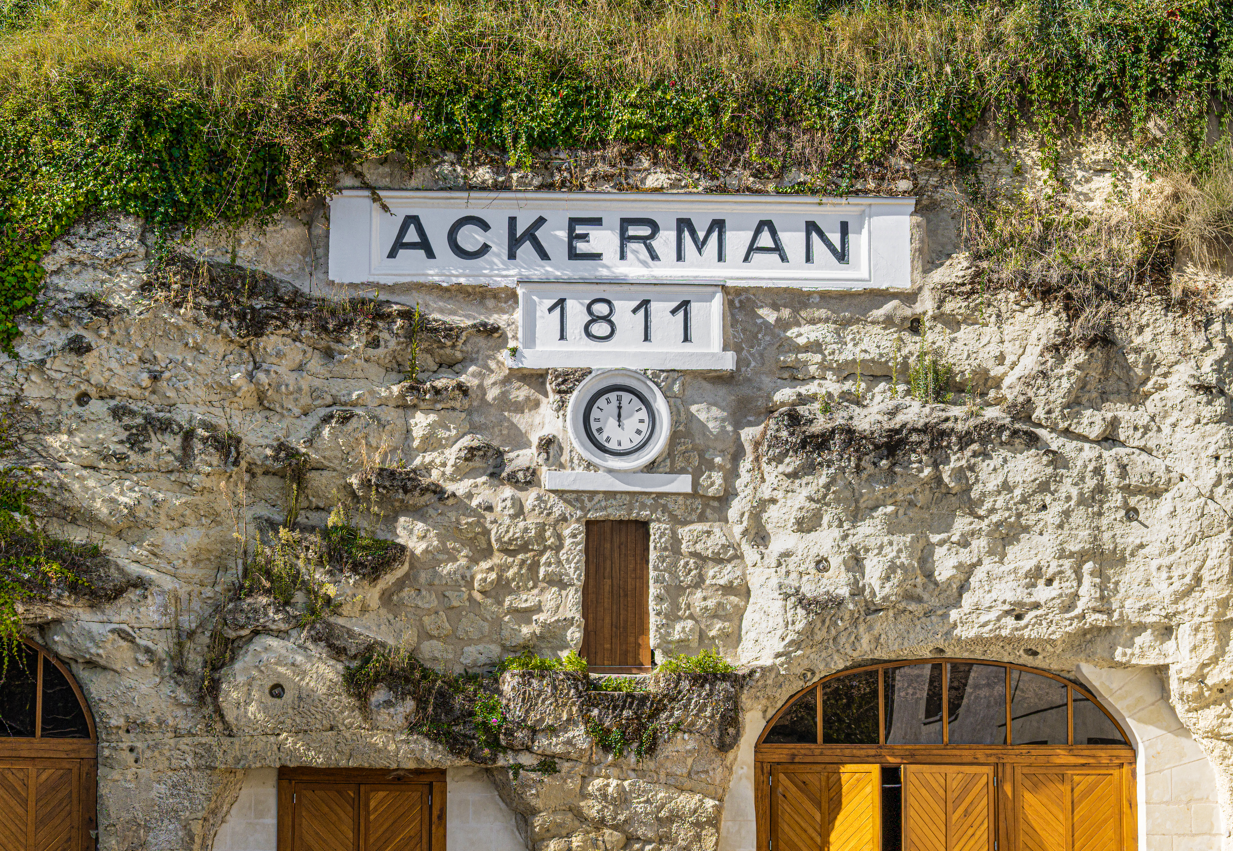Crealis: sealing the deal for sustainability
By using innovative materials, Crealis is a leader when it comes to the sustainable production of capsule & closure solutions.

Most of us probably don’t think enough about the closures on our bottles of wine and spirits, despite removing them being the first thing we do before pouring a glass. Although the foil on a bottle of Champagne, for example, might be discarded shortly after the bottle is bought, it is important to consider the journey of that foil, from raw materials to the final product. While awareness about sustainability in viticulture and bottle design continues to rise, closures can often be overlooked, but they are integral.
In this field, Crealis, formed in 2022 from the merger of Sparflex, Enoplastic, PE.DI and Supercap, is leading the way. There are three key pillars in Crealis’ portfolio that summarise its approach to sustainable production: circularity, bio-based and compostable.
Circularity, or recycling, covers two products in Crealis’ line: R-derma and PET+. R-derma gives post-industrial polyethylene waste a second life by using up to 60% certified recycled material within the foil/capsule’s polyethylene layer. This means an 18% reduction of the carbon footprint compared to a foil/capsule in a standard size, made with a traditional polylam.
PET+, made with 35% recycled and post-consumer waste, has similarly impressive sustainability credentials: a 28.5% reduction in its carbon footprint and a 13.7% reduction in water footprint mean that it provides a shrinking capsule solution that won’t cost the earth.
Partner Content
As for bio-based, one of the key products that has been developed is Absolute Green Line: a generation of polylam sparkling foils, produced with bio-based polyethylene made from sugar cane (sandwiched between two layers of aluminium) and printed with water-based inks. Using bio-based materials means that there is a 21% reduction in the carbon footprint of production of these foils, compared to sparkling foils in a standard size made with a traditional polylam. It’s when ordered en masse that the numbers really show how a big difference can be made with small changes: ordering 100,000 sparkling foils saves the emissions of 956 kilograms of CO2, and ordering 500,000 prevents almost 4.8 tonnes of CO2 from being emitted.
For spirits, there is also the E|C|O line, the first bar top made from plant-based raw materials. And, as a compostable solution, T-Kompost, the first pourer with a fully compostable top.
Though there is no silver bullet for the sustainability crisis, the Crealis portfolio demonstrates that green solutions are feasible. Thanks to heavy investment in research & development,
the company has been able to drive innovation further and further, setting trends and becoming a market leader.
To discover more, visit: www.crealisgroup.com
Related news
What Portugal can do for the UK wine trade
VIK 2022: ‘the beginning of a journey toward self-sufficiency’




